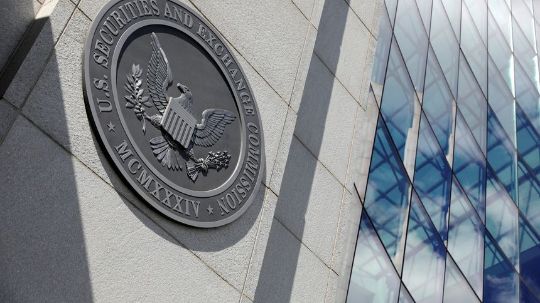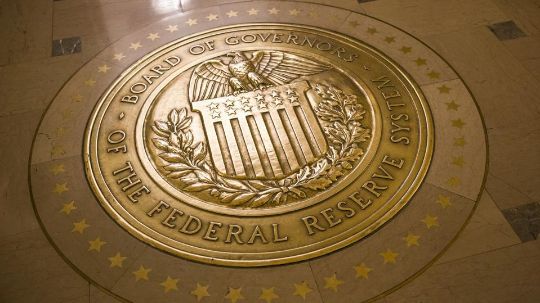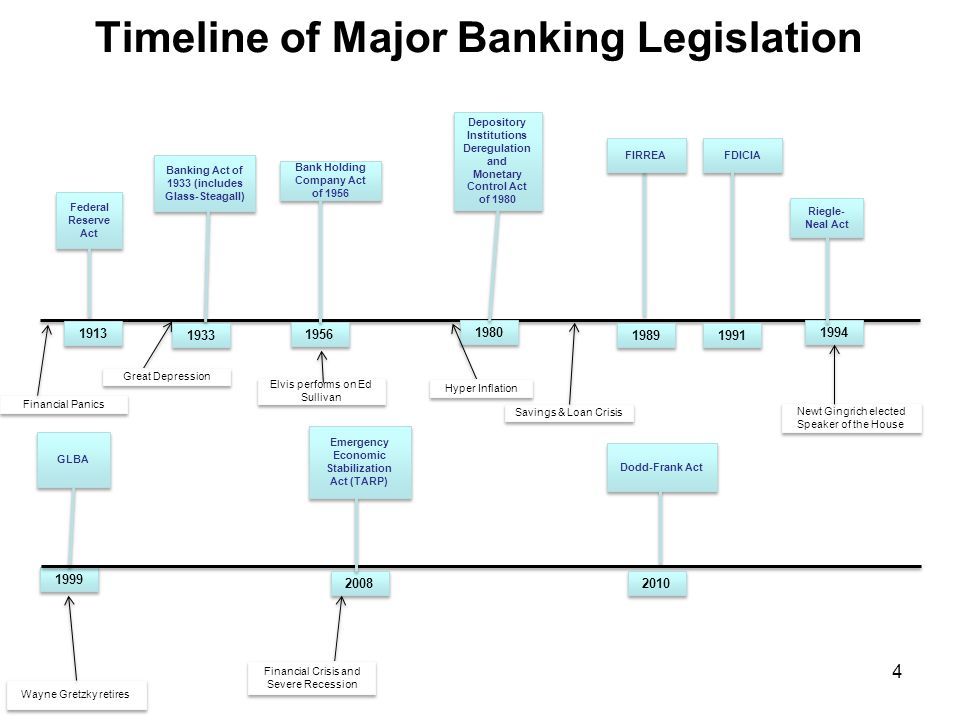Financial Regulation
The governing factors of the monetary system, both domestic and international.



WISE Investments
New Podcast Series: PostPandemicInvestments.com
An educational podcast series dedicated to financial awareness for both novice and seasoned investors. We discuss the ideology into creating this one-of-a-kind educational resource center, focusing on financial awareness within a post-pandemic reality.
Listen to Financial Regulation here.

Frequently Asked Questions
Financial Regulation
HISTORY OF FINANCIAL REGULATION

“If we want our regulators to do better, we have to embrace a simple idea: regulation isn't an obstacle to thriving free markets; it's a vital part of them.”
James Suroweicki - Financial Writer
Featured Educational Articles
educational awareness - Article Summaries
Educational awareness to make the best financial decision for your needs.
Extended Content - Various Resources
Supporting educational content relevant to financial planning considerations.
